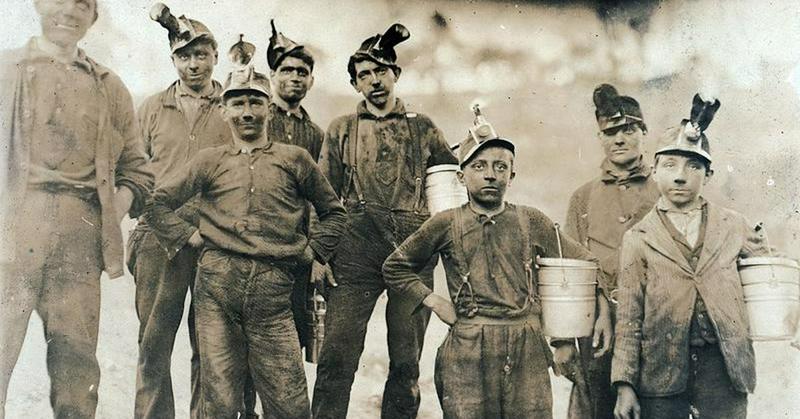The Eccles Mine Disaster
By | April 24, 2022

On the morning of April 28, 1914, dozens of local men and teens left their homes to go to work at the Eccles Mine No. 5, one of a collection of West Virginia coal mines owned by the New River Colliers Company. That afternoon, however, a sudden explosion rocked the Eccles mine, and more than 180 workers never made it home.
The Eccles Mine Disaster
Eccles Mine No. 5 opened in 1905 in Eccles, West Virginia, a tiny rural town in Raleigh County. At 2:30 P.M. on that fateful day fewer than 10 years later, the mine was rocked by a series of violent explosions and parts of the mine collapsed while others were heavily damaged, trapping the miners inside. The people of Eccles and officials from the mining company rushed to the scene to aid the rescue efforts, but it soon became clear that the situation was more of a recovery than a rescue. All the miners in Eccles Mine No. 5 were killed, including five who were under the age of 14, as well as nine workers in a nearby mine where deadly gas had seeped in and a salesman who had the misfortune of choosing that day to visit the mine and sell insurance to its workers. Many of the victims could not be identified because of their horrific injuries.

The Aftermath Of The Eccles Mine Disaster
When officials began sifting through the damaged mine, they noticed a blown-out hole connecting one part of the mine to another. Authorities surmised that an unknown worker or two blasted out the hole to shorten their walk, but in doing so, they broke through a pocket of natural gas, which was ignited by the flames in their carbide lanterns and triggered the explosion. Other officials theorized that methane gas built up in the mine, perhaps due to insufficient ventilation, but a report dated three years earlier stated that Eccles Mine No. 5 had passed inspection and demonstrated adequate ventilation.
Prior to the Eccles Mine Disaster, the widows and children of the victims of such tragic accidents relied on charitable organizations to provide for them, but since workman’s compensation laws had recently passed, the victims’ widows received $20 per month, plus $5 per child. The accident served as a call for even greater change in workers' rights, boosting efforts to unionize West Virginia coal miners and convincing mining companies to ban carbide lamps on miners' helmets.

